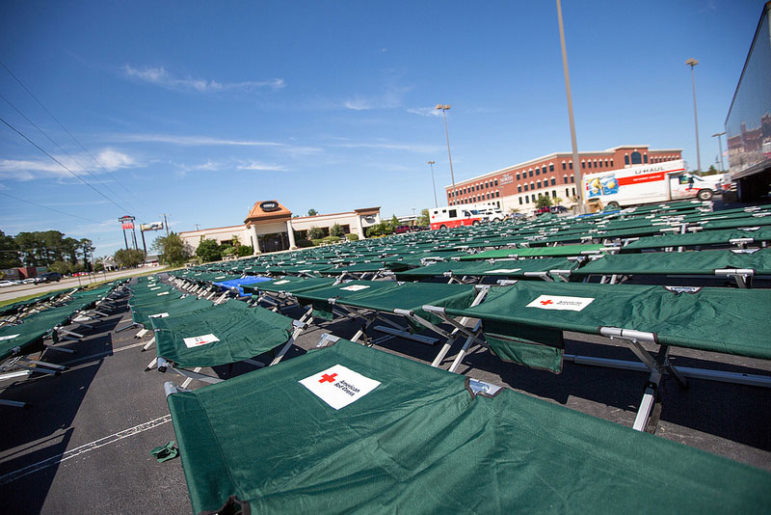
October 10, 2016; Globe and Mail
The relationship between the American Red Cross and the federal government is unique. While ARC is an independent charitable institution, it is also a congressionally chartered organization. As a “federal instrumentality,” it is natural and easy for U.S. officials to encourage the public to give to ARC in times of crisis.
“Even the smallest contribution can really make a big difference,” said President Barack Obama, calling on people to donate to organizations such as the American Red Cross to help the people of southwestern Haiti, recently devastated by Hurricane Matthew.
But as most of our readers know, the American Red Cross’s performance in Haiti after the 2010 earthquake has been the focus of a congressional investigation and a series of investigative articles published by ProPublica. (The investigation continues, in fact, with Senator Charles Grassley contending that the ARC is stonewalling in the face of legitimate questions.) The heart of the allegation is that the organization spent $487 million in donations wastefully and inefficiently, not to mention with a marked lack of transparency. Where it promised to build tens of thousands of new permanent residences, it only built six. In contrast, the Canadian Red Cross built 7,500.
Most of the work the ARC did in Haiti under the Haiti Assistance Project (HAP) was in fact subcontracted to other organizations. Still, the Red Cross retained around 25 percent of that money, or $124 million, for its own operations and program costs. The rest, around $367 million, went to contracts with partner agencies, but the whole picture is obscured by a “complex yet inaccurate process to track…spending.”
Sign up for our free newsletters
Subscribe to NPQ's newsletters to have our top stories delivered directly to your inbox.
By signing up, you agree to our privacy policy and terms of use, and to receive messages from NPQ and our partners.
Consequently, the organization has been unable to answer questions about, for instance, how much went to oversight and evaluation activities—an important accountability measure, as far as Grassley is concerned. He writes that the ARC blames its lack of precision on its reliance on “nonprofit accounting standards, which allow for the use of estimates rather than actual numbers.”
With these questions as yet unanswered, it is no wonder that some have actively advised others online not to give to Haiti through the ARC. In fact, the Canadian Red Cross is going to great pains to distinguish the two organizations:
“Every dollar put in that Hurricane Matthew fund will stay there and it will be solely for the response in Haiti,” said Stéphane Michaud, director of international response for the Canadian Red Cross. “The money that goes into the Hurricane Matthew appeal, it’s all managed by the Canadian Red Cross.”
Roger Annis, a coordinator with the Canada Haiti Action Network, is encouraging donors to consider supporting smaller organizations with more secure ties in Haiti. “If people are concerned about the long-term sovereignty and capacity of the country of Haiti to develop its own resources, I would recommend against the large charities, which in my view just perpetuate the conditions of poverty and of political instability that cause the country to be so vulnerable in the first place.”
A Colorlines article provides one list of such organizations, posted by award-winning Haitian-American author Edwidge Danticat on her Facebook page.—Ruth McCambridge











